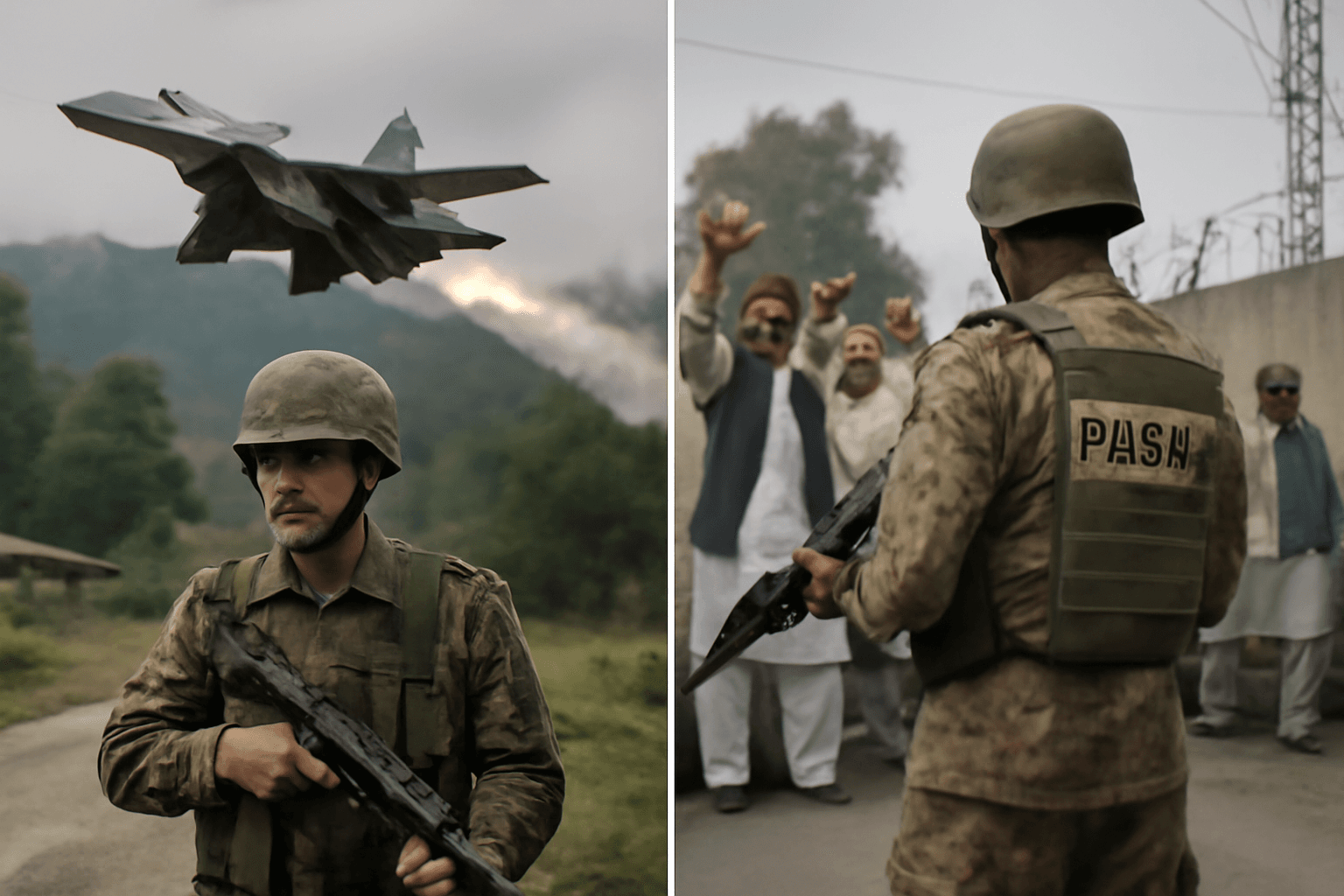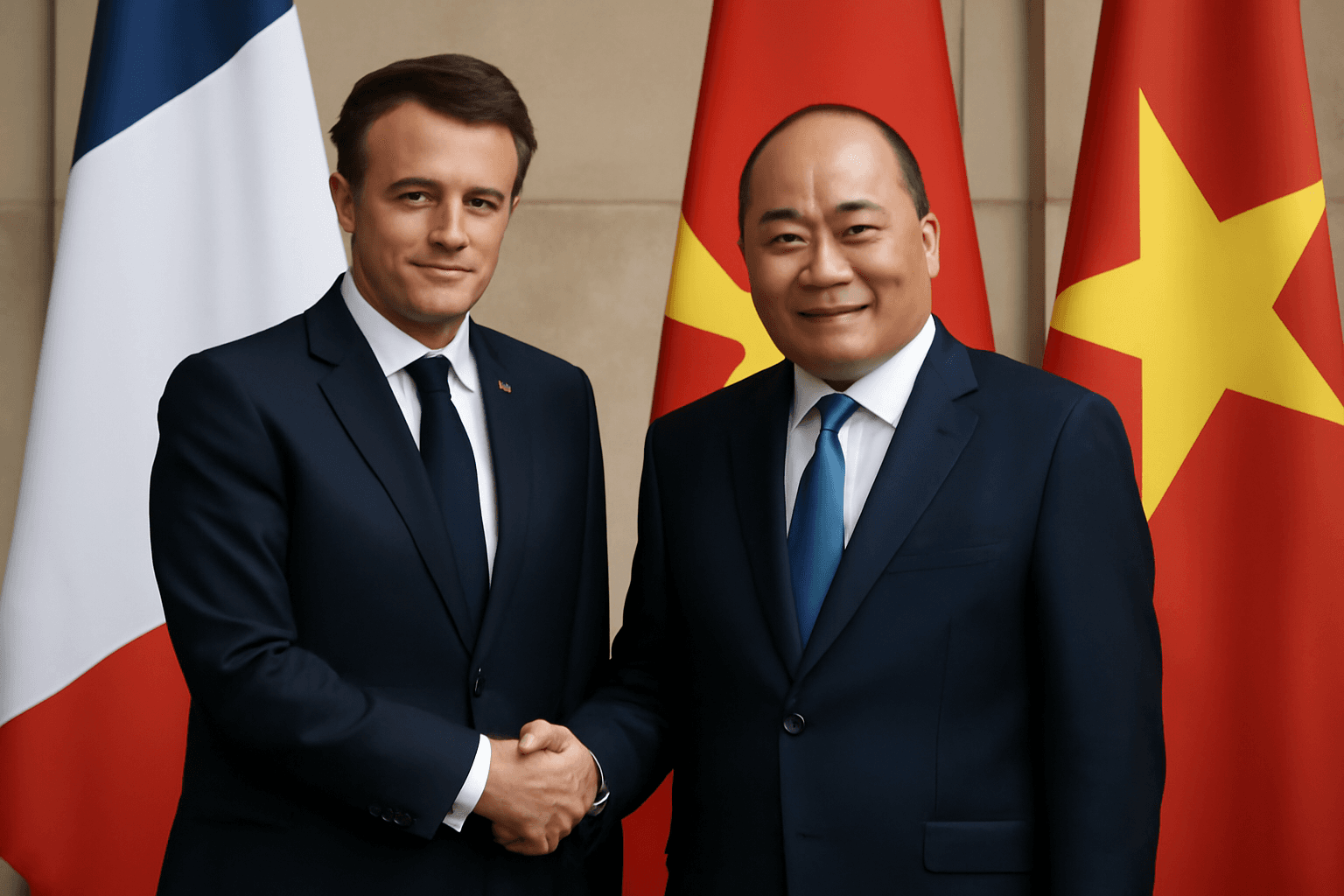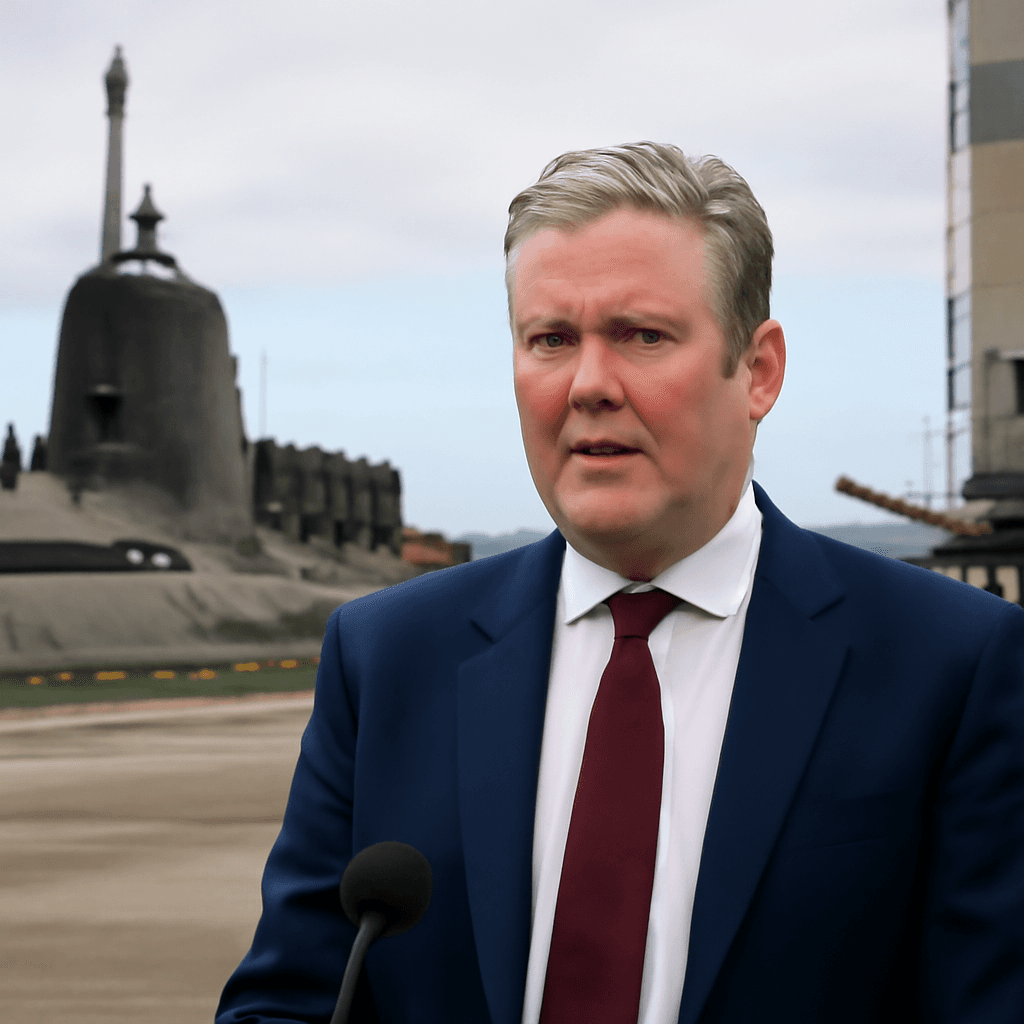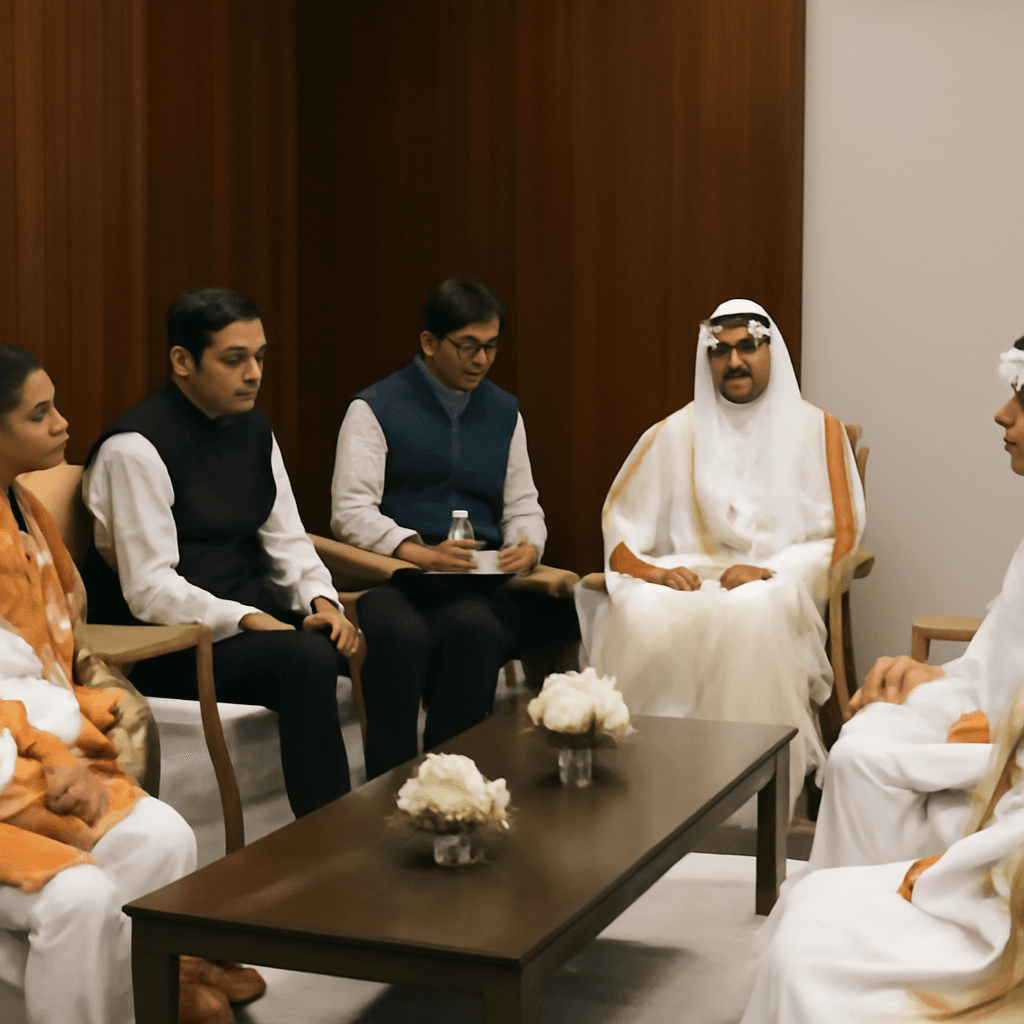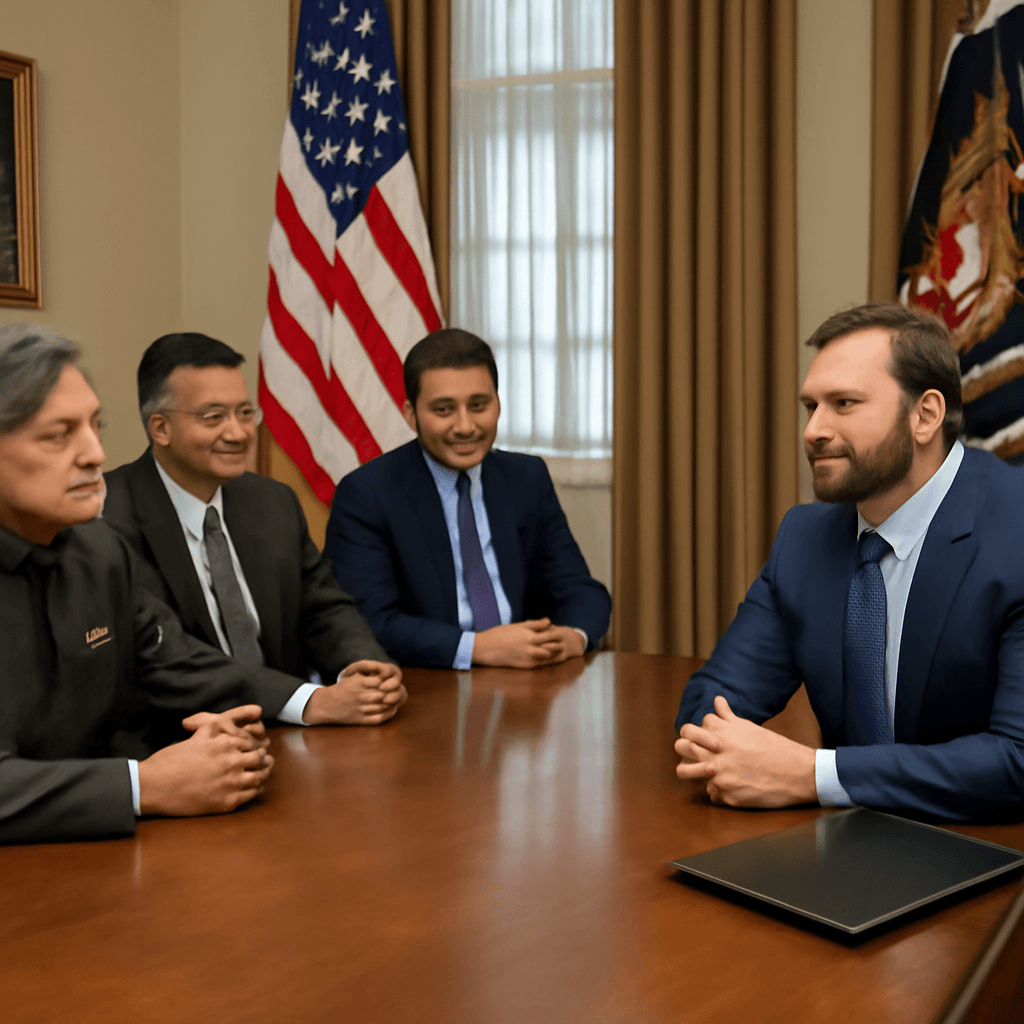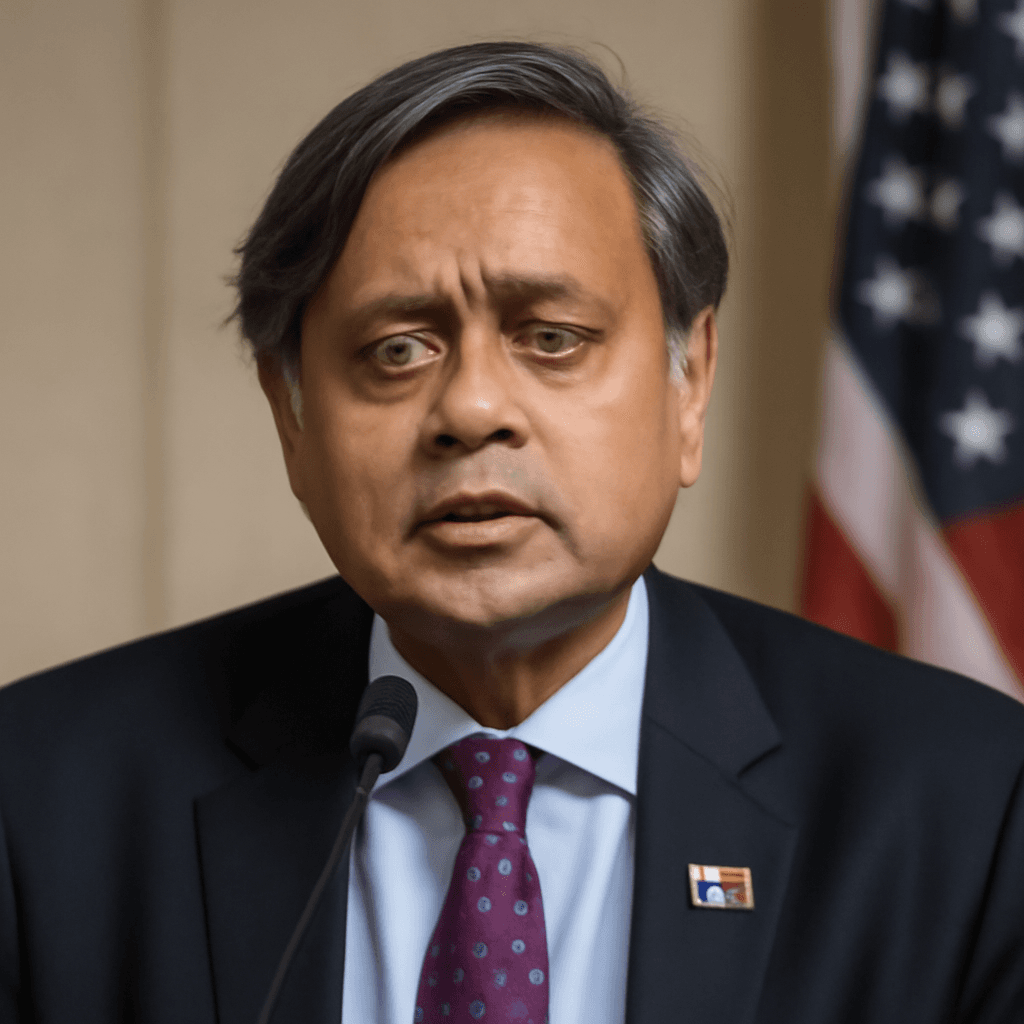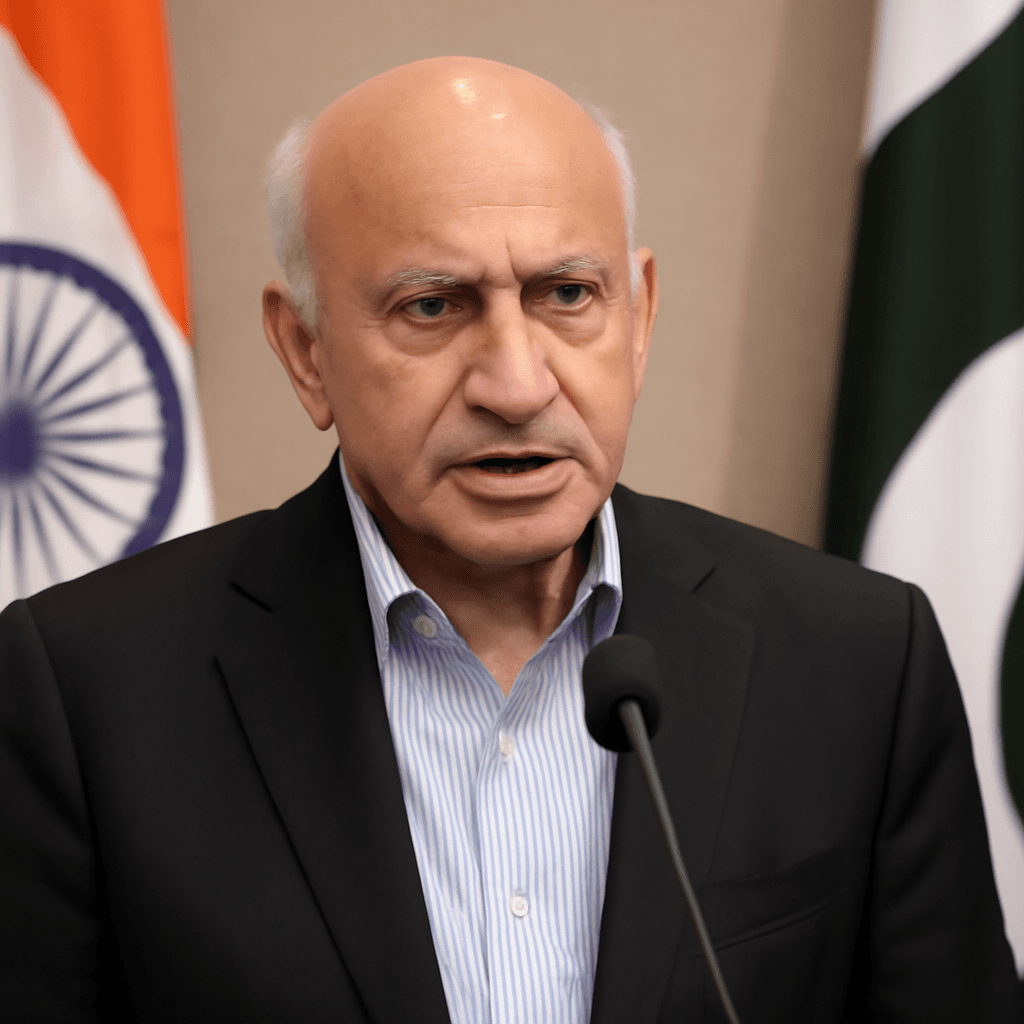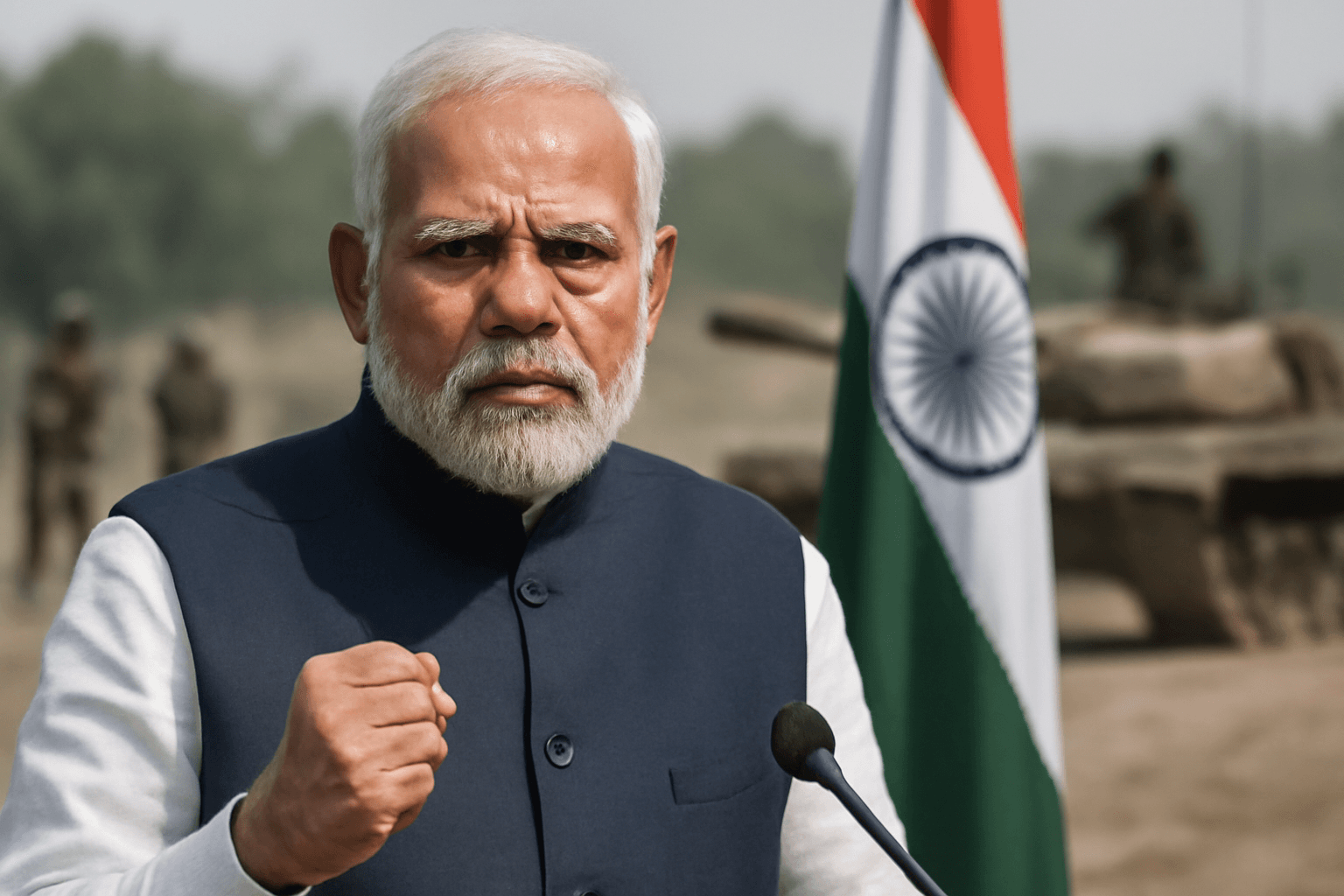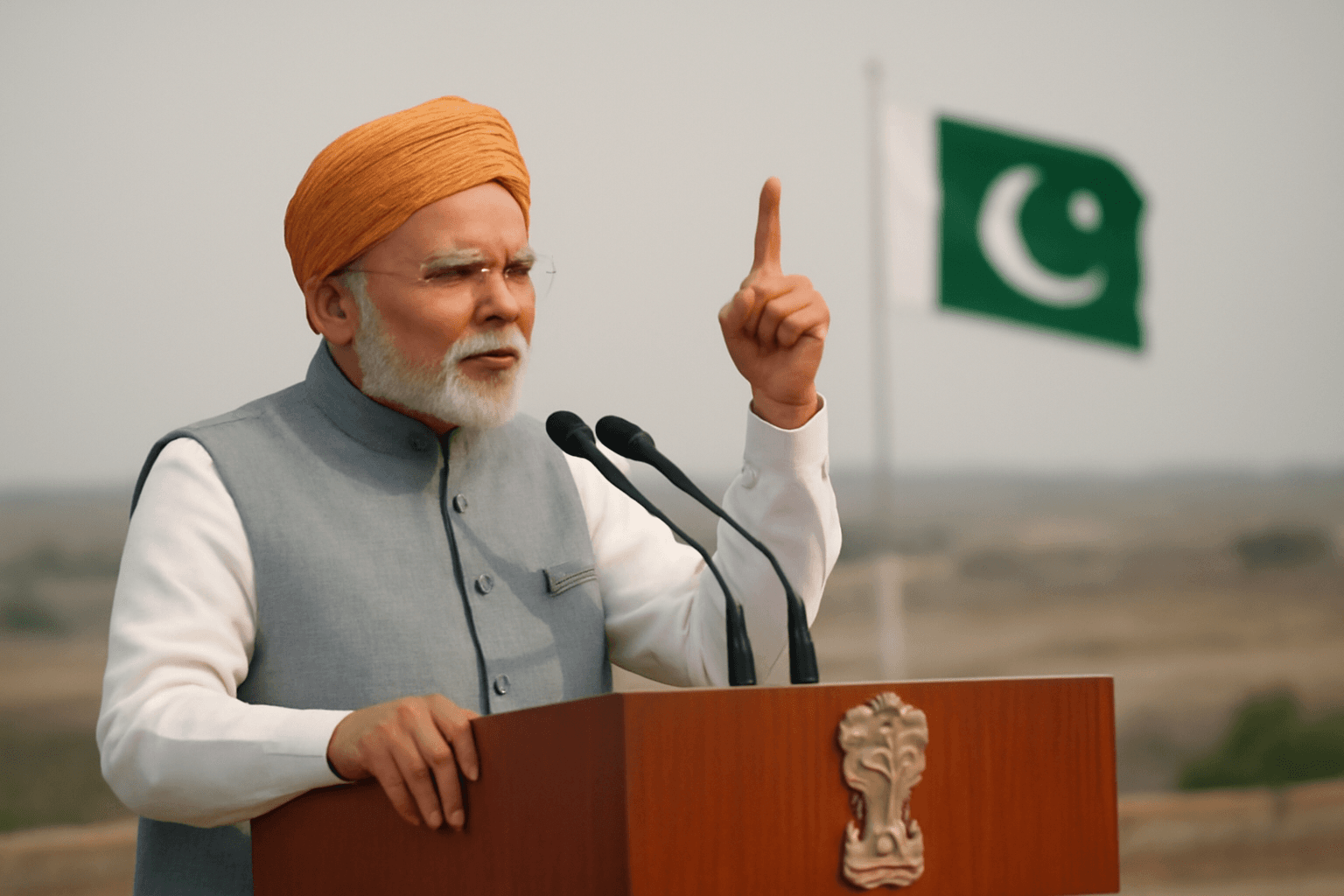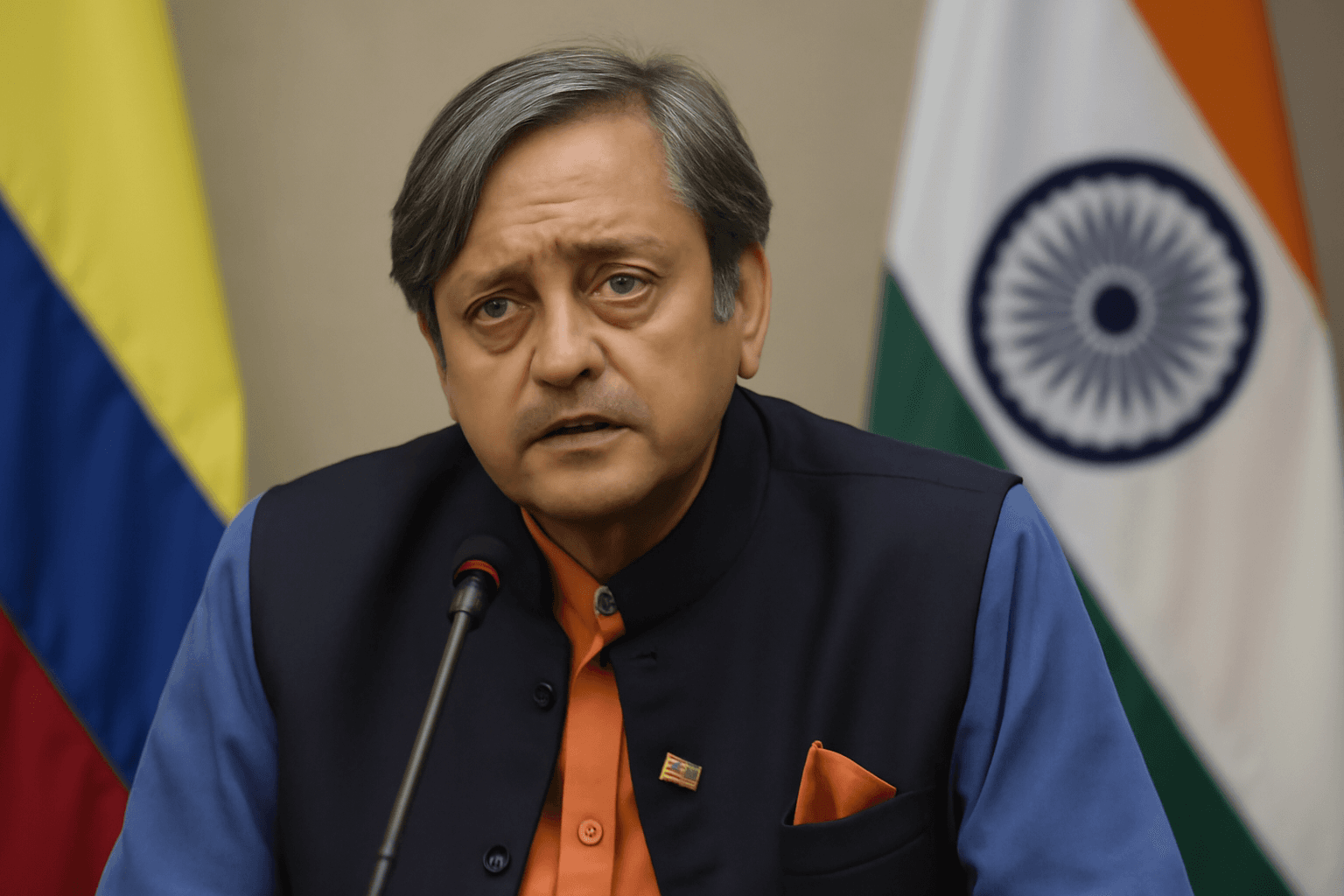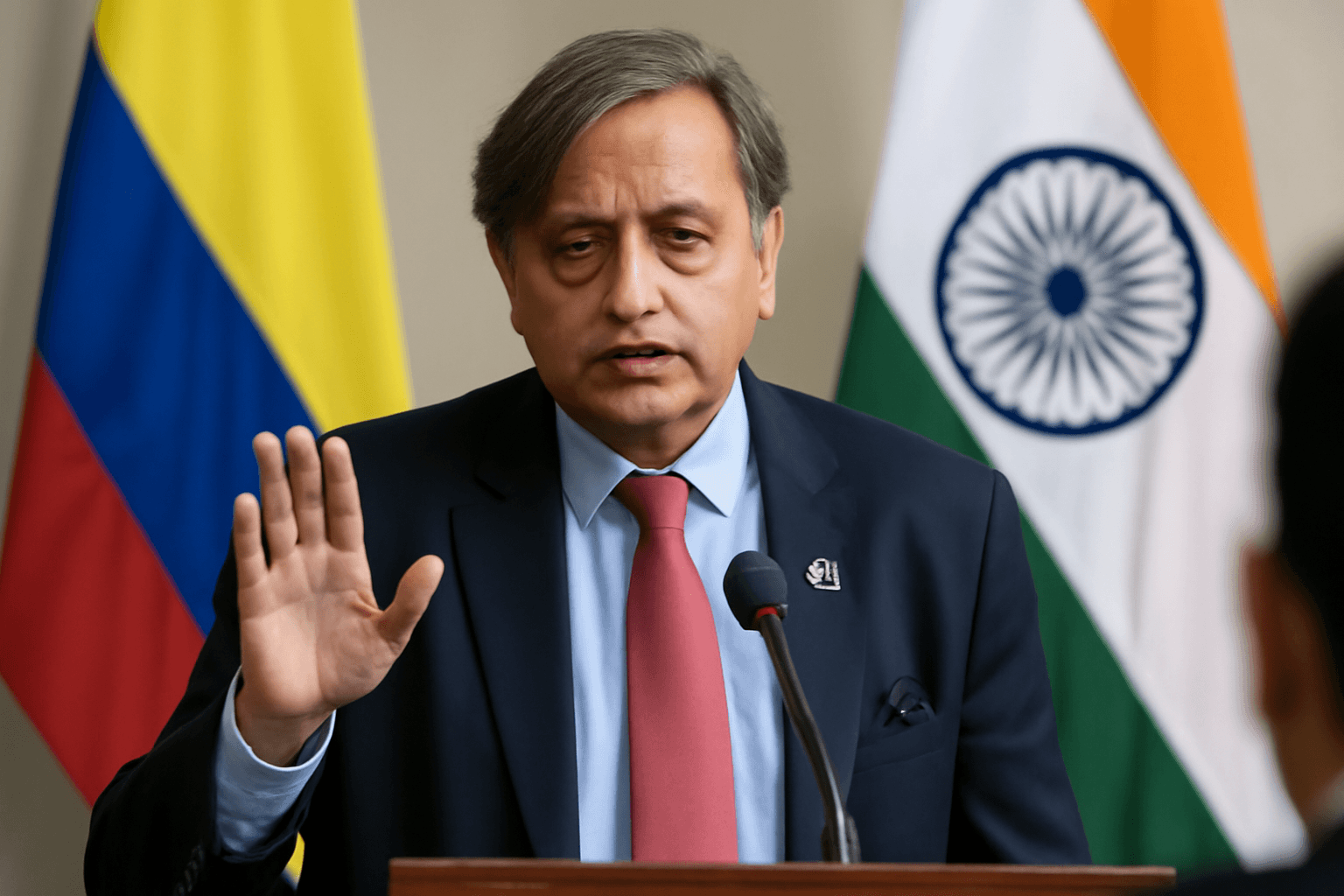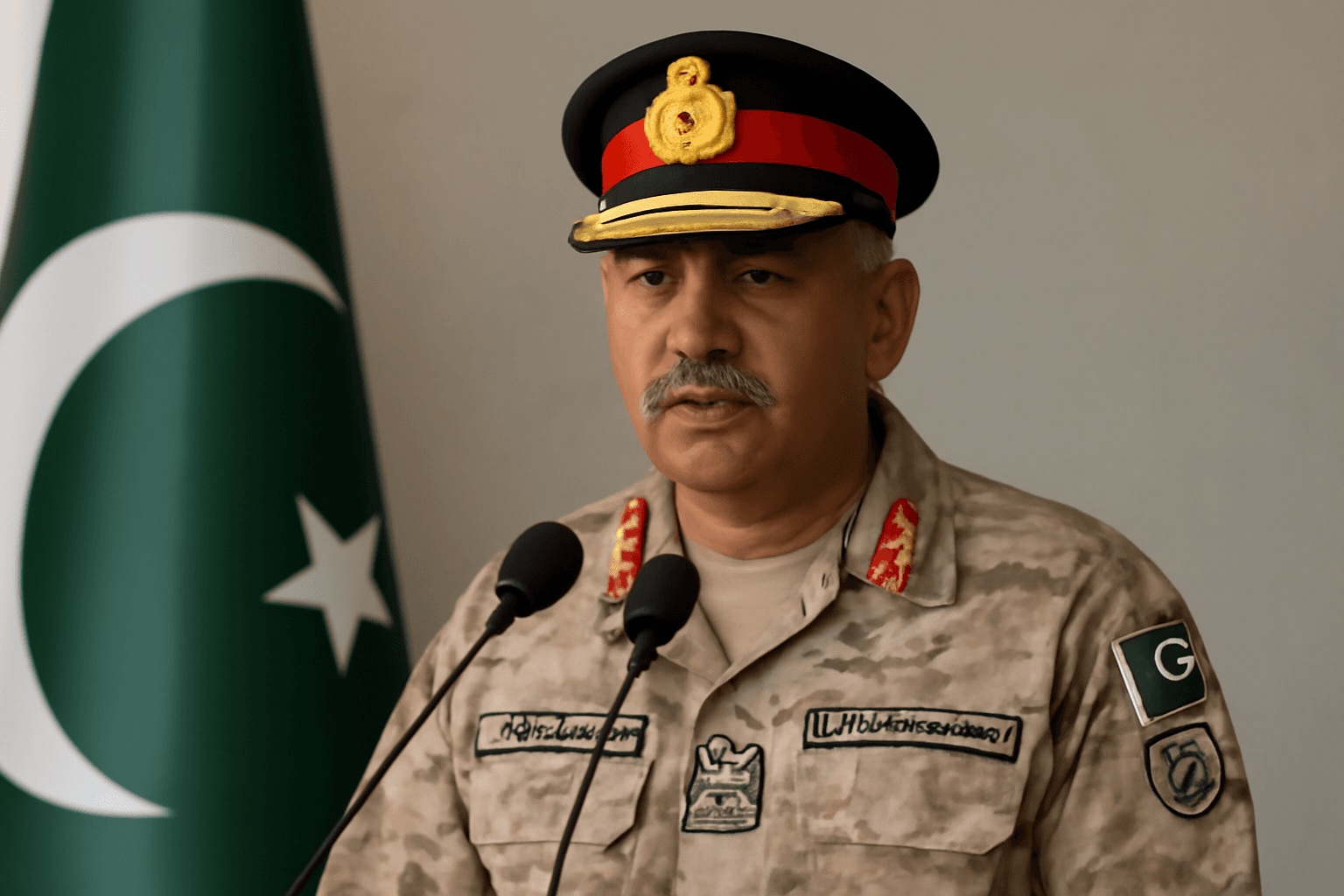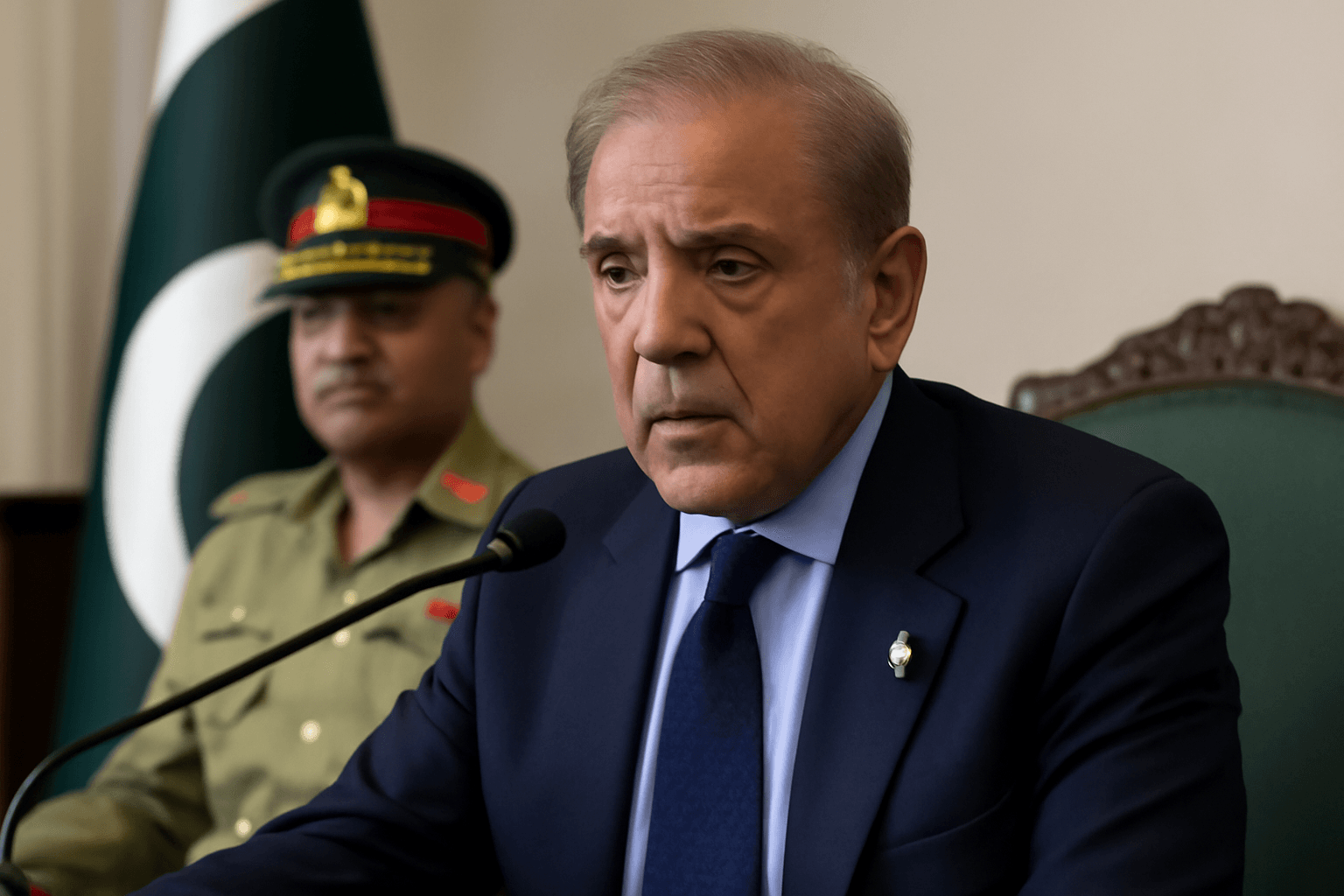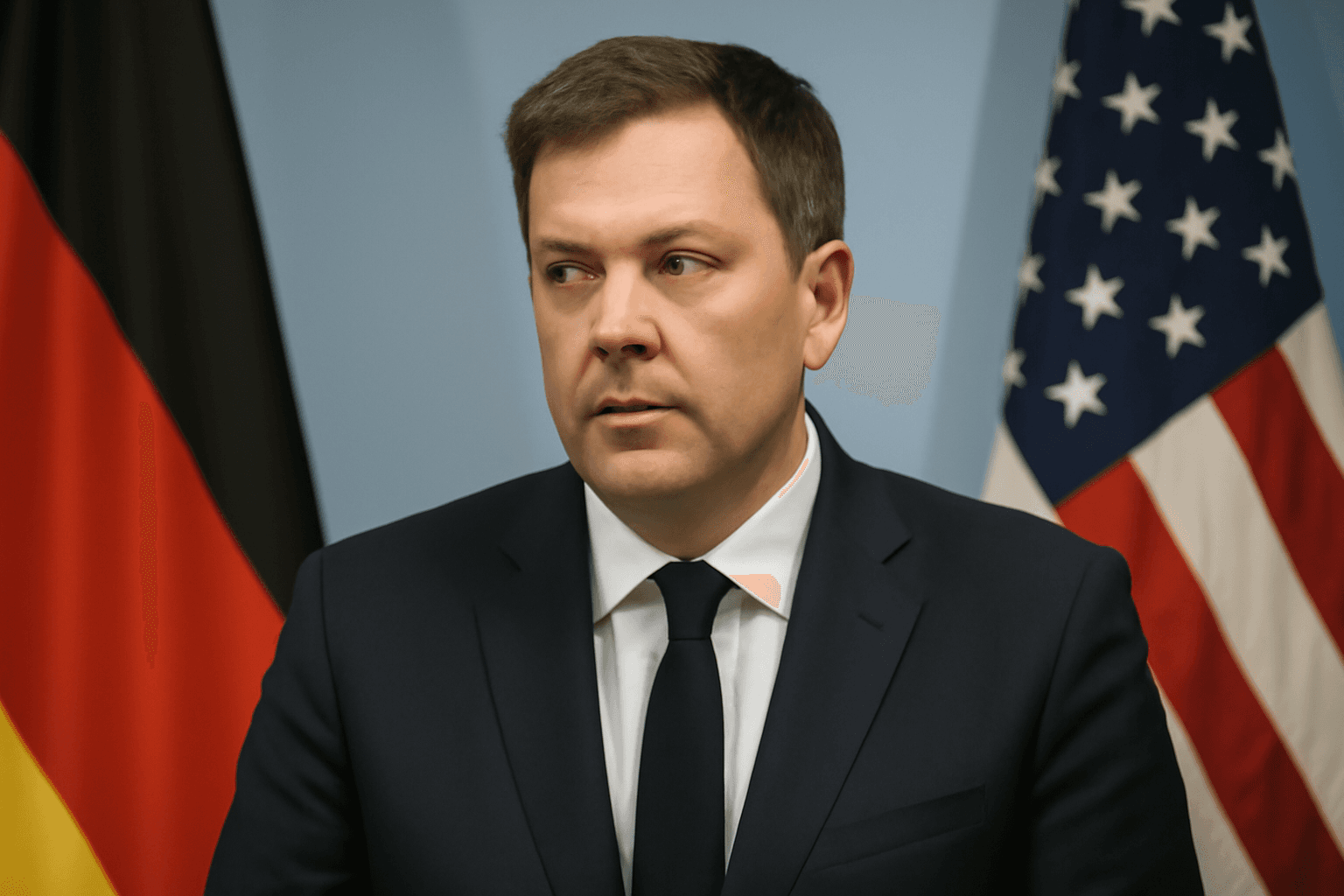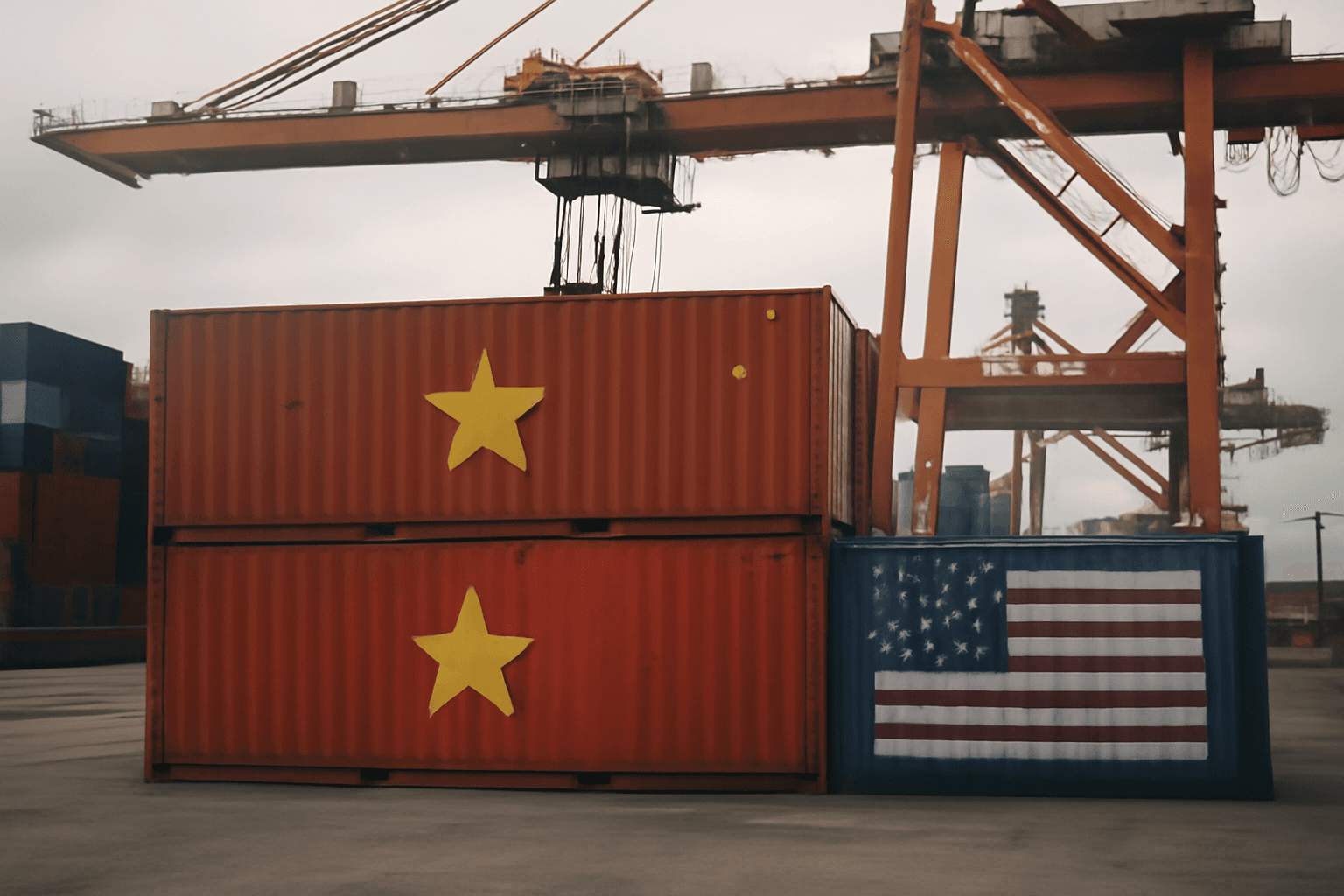The recent Pahalgam attack underscores the stark contrast between India's vibrant democracy and Pakistan's military-led governance. The Indian government, spearheaded by Prime Minister Narendra Modi, swiftly launched Operation Sindoor, targeting terrorist facilities in response to the attack. This operation not only demonstrated India's military capabilities but also highlighted its commitment to counter-terrorism through democratic processes.
In contrast, Pakistan's response, led by Prime Minister Shehbaz Sharif and Army Chief General Asim Munir, revealed a shift towards a garrison state mentality. Following the Pahalgam attack, Pakistan initiated a disinformation campaign to label the incident as a false-flag operation, while simultaneously launching cross-border attacks and violating ceasefire agreements.
Through Operation Sindoor, conducted on the night of May 6-7, India struck nine terrorist sites within Pakistan and Pakistan-occupied Jammu and Kashmir. This decisive action occurred against a backdrop of failed aerial attacks from Pakistan, which targeted northern and western India shortly after the initial assault.
The Pakistani military's aggressive stance drew public support domestically, as citizens rallied around their armed forces. Conversely, the Indian populace united under their democratic government, which mobilized national defenses and sought accountability for the attack.
This incident reinforces the contrasting governance structures of the two nations. Modi's administration is democratically elected and accountable to the public, whereas the power dynamics in Pakistan rest with an unelected military leadership that often pursues aggressive stances without electoral backing.
Notably, the aftermath of the Pahalgam attack revealed a tendency within Pakistan to honor and support terrorists, as evidenced by military and political officials attending the funerals of militants killed during Indian airstrikes. In stark opposition, India engaged in bipartisan efforts, with parliamentary delegations informing international partners about their counter-terrorism measures.
As India continues to unify against terrorism, Pakistan's strategy appears to involve bolstering relationships with states that support its military agenda, such as Turkey. The contrasting trajectories highlight the challenges faced by Pakistan in shedding its identity as a state that sponsors terrorism while India maintains a focus on democratic resilience.

